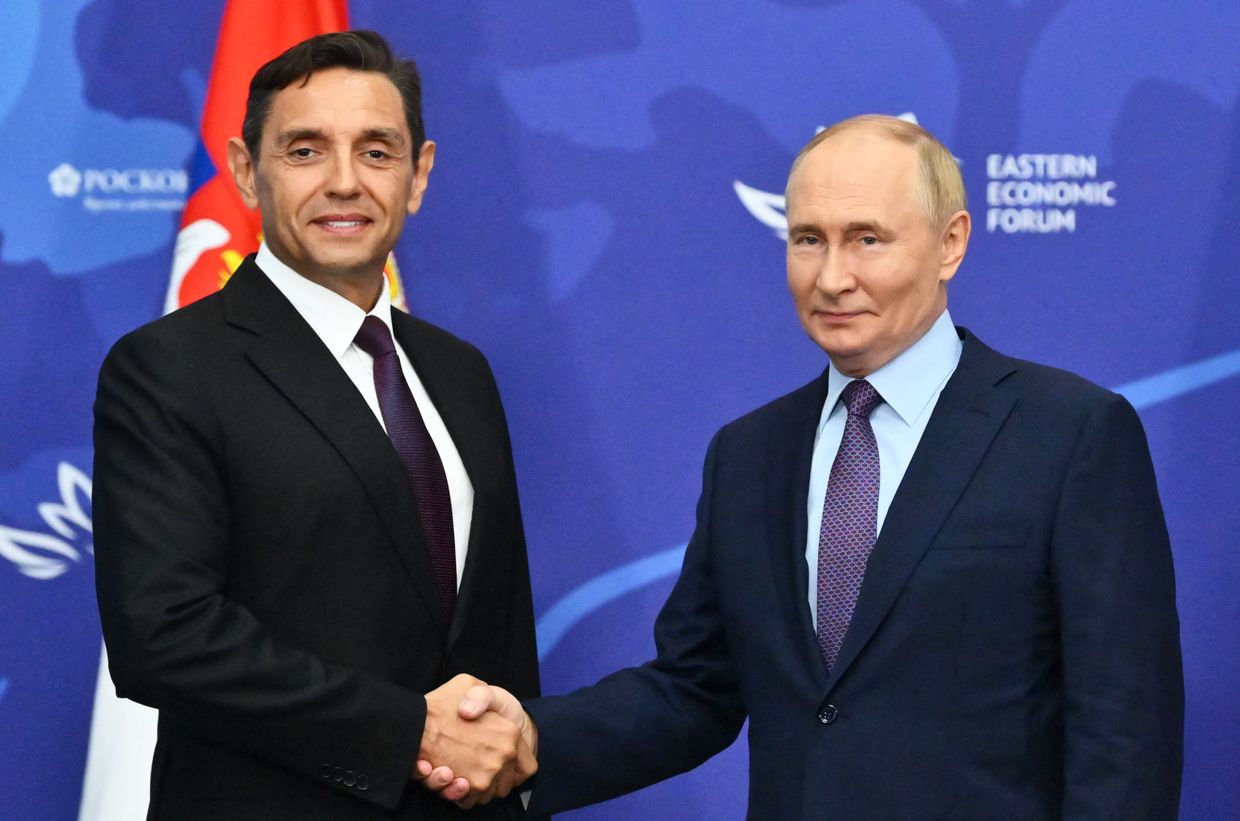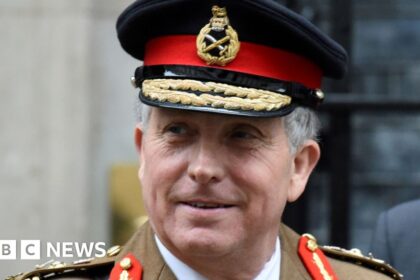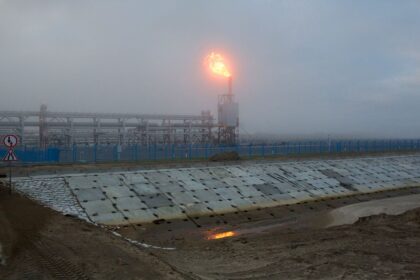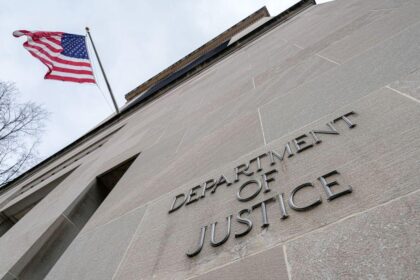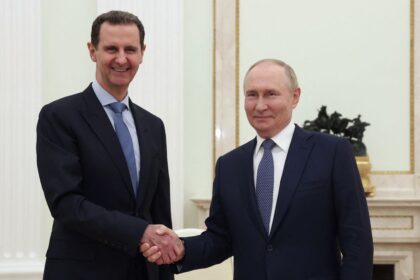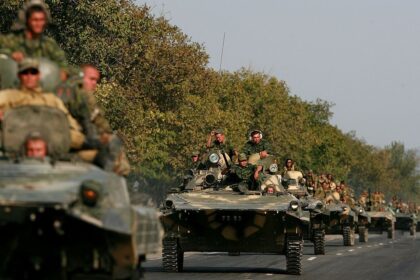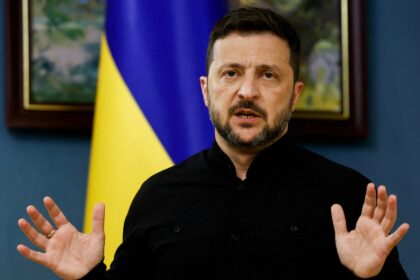**Serbia Forms New Government, Ousts Top Pro-Russian Figure Amid EU Pressure**
In a move that is being seen as an attempt to appease the European Union, Serbia’s parliament has approved the composition of a new government led by Prime Minister Djuro Macut. However, despite promises from President Aleksandar Vucic to make sweeping personnel changes, most ministers have retained their posts.
The most notable shift was the removal of Deputy Prime Minister Aleksandar Vulin, a longtime pro-Russian figure who has served in the Serbian government since 2013. Vulin’s ousting is seen as a significant move by Serbia to distance itself from Russia and improve its chances of joining the European Union.
**EU Pressure**
The EU has been putting pressure on Serbia to exclude Vulin from the new cabinet, citing his anti-European views and close ties with Moscow. In March, EU Enlargement Commissioner Marta Kos publicly urged Serbian leaders not to include him in the new government, saying that someone who “behaves anti-European cannot lead Serbia to the European Union at the same time.”
Vulin has been a thorn in the side of the EU for years, having held various roles including defense minister, interior minister, and head of Serbia’s Security and Information Agency. He has repeatedly dismissed Serbia’s EU bid, suggesting that the country should instead join BRICS, a group of five major emerging economies.
**Serbia’s EU Bid**
Serbia has been an official EU candidate since 2012, but its progress has stalled due to democratic backsliding, unresolved tensions over Kosovo, and close ties with Moscow. The ousting of Vulin is seen as a move by Serbia to address these concerns and improve its chances of joining the EU.
However, despite this development, President Vucic confirmed plans to attend Russian President Vladimir Putin’s May 9 Victory Parade in Moscow, which could further jeopardize Serbia’s accession talks with the EU.
**Russia-Ukraine Conflict**
Meanwhile, in Ukraine, the situation remains tense. The Ukrainian government has published a memorandum outlining a pending minerals agreement with the United States, while Russia continues to face international criticism for its actions in Ukraine.
The US has announced plans to close several military bases in Ukraine, including Mission Support Site Green Village and MSS Euphrates, citing “current circumstances” as the reason. The move is seen as a sign of the US’s commitment to reducing its troop presence in Ukraine.
In other developments, Russia’s Supreme Court has removed its designation of the Taliban as a terrorist organization, while President Volodymyr Zelensky met with pro-Ukraine Republican U.S. Congressman Brian Fitzpatrick to discuss peace and security guarantees for Ukraine.
**Global Reaction**
The global community is watching these developments closely, with many countries calling for an end to the conflict in Ukraine. The US has presented a plan for a durable and lasting peace, while EU leaders have reaffirmed their commitment to supporting Ukraine.
As one diplomat noted, “For a long time, we feared that the Europeans would not be around the table. Well, today, it is in Paris that the Europeans, the Americans, and the Ukrainians have met for the first time.”
The situation remains uncertain, but one thing is clear: the world is watching and waiting for a resolution to this conflict.




